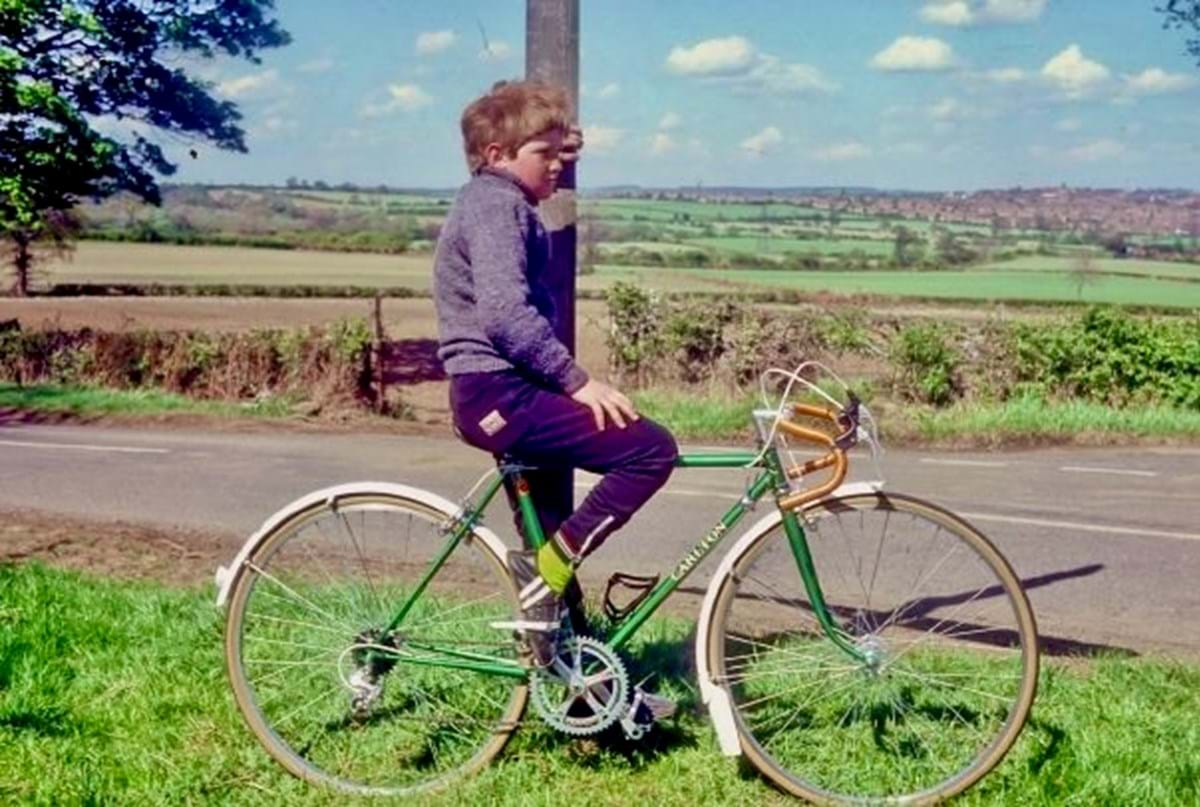This annual event aims to promote everyday cycling for everyone and highlights the power of active travel.
This week, the UK is celebrating Bike Week 100, the country's largest cycling awareness week, organised by CyclingUK.
This year’s focus is on the benefits of commuting to work by bike.
The cost-of-living crisis has brought the economic advantages of cycling to work into sharp focus. As fuel costs continue to rise, cycling offers a cost-effective alternative for daily commuting. By swapping a car for a bike, individuals can save money on fuel, parking fees, and maintenance costs.
However, the benefits of cycling extend far beyond financial considerations. The post-pandemic era has shifted people's priorities, with a greater emphasis on personal health and well-being.
But is this a new phenomenon or is cycling a return to a time when Great Britain was truly a cycling nation? In his article "The Demise and rebirth of Cycling in Britain", renowned cycling advocate Carlton Reid highlights the current cycling renaissance in the UK.
While the nation was once a proud cycling nation, it gradually succumbed to the individualism of the car. However, countries like the Netherlands have managed to preserve the essence of cycling as a means of transport, prioritising infrastructure that encourages healthier and more environmentally friendly modes of travel.
The resurgence of cycling in the UK signifies a renewed commitment to reclaiming the benefits of cycling. Recent changes to the Highway Code prioritising cyclists and pedestrians and greater commitment to cycling infrastructure in many cities such as Manchester and London suggest that government is nudging us toward cycling in all its forms.
What Bike?
If you're considering swapping your car for a bike or adopting a cycling routine a few days a week, here are some essential factors to consider. Firstly, choosing the right bike is crucial. With numerous options available, it can be overwhelming, but understanding your specific needs is critical.
Mountain bikes are great for off-road adventures. However, their smaller wheels and chunkier tyres make them a poor choice for daily commuting.
On the other hand, road bikes, with their lightweight design, responsive handling, and multiple gears, can be intimidating for newcomers. A good quality hybrid bike, which combines features from both mountain and road bikes, offers a versatile and comfortable option for commuting.
No gimmicks
Focusing on quality rather than unnecessary gimmicks is essential when purchasing a bike. While disc brakes may be popular, they add weight and are challenging to maintain. Opting for simplicity can make maintenance and overall riding experience more enjoyable. Look for Shimano gears and alloy wheels sized 700c x 42 or narrower.
Cost
Cost is a factor, and options are available across various price ranges. A starter range bike can typically be found for around £300 while spending £500 can get you a great bike with reliable components. If you're willing to invest around £1000, you'll have access to some fantastic bikes, many designed to meet the funding requirements of ride-to-work schemes employers offer.
Comfort
Comfort is crucial for cycling, and the saddle is a critical component. Investing in a saddle designed to minimise the impact on sensitive areas can significantly enhance your cycling experience. Cut-out saddles, starting at around £30, can dramatically reduce discomfort and make riding a more enjoyable and pain-free experience.
Clothing
In terms of clothing, there's no need to feel obligated to don lycra. Several cycling clothing ranges cater specifically to commuters, or you can simply use trouser clips for shorter rides. Padded shorts or undergarments can provide additional comfort, but ultimately, the key is to prioritise your comfort and safety rather than conforming to any specific dress code.
Punctures
Finally, learning how to change a puncture is a valuable skill that every cyclist should learn. It's simpler than it may seem, and being able to fix a flat tyre can save you from encountering unexpected issues during your commute. Many helpful tutorials can be found on platforms like YouTube, offering step-by-step guidance on changing a tyre.
Cycling offers numerous benefits beyond the practical aspects. It can be stress-free to navigate traffic, maintain good health, and forge lasting friendships. To improve your overall well-being, consider incorporating cycling into your daily routine. Embrace the resurgence of cycling in the UK, and discover the joys and advantages of pedal power firsthand.
David Standard is Thompsons Head of Marketing and Communications. He is also a former racing cyclist, having represented Great Britain at both Junior and Senior levels.
His father, Sid Standard, had his cycling shop for over 40 years, and was the president of the Notts and Leics district association of the Cyclists Touring Club, which became Cycling UK. His love of cycling inspired thousands.

